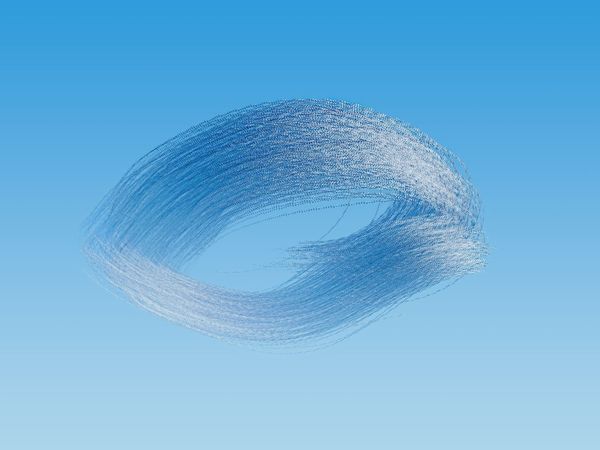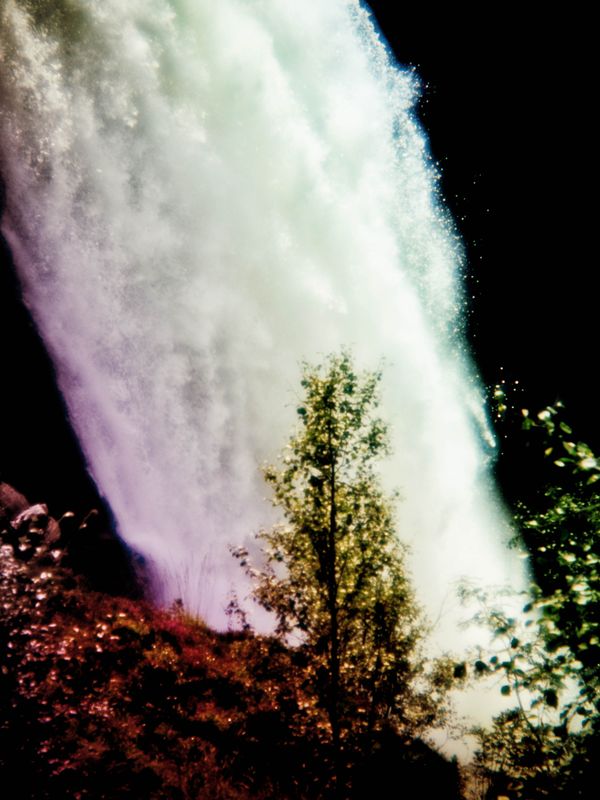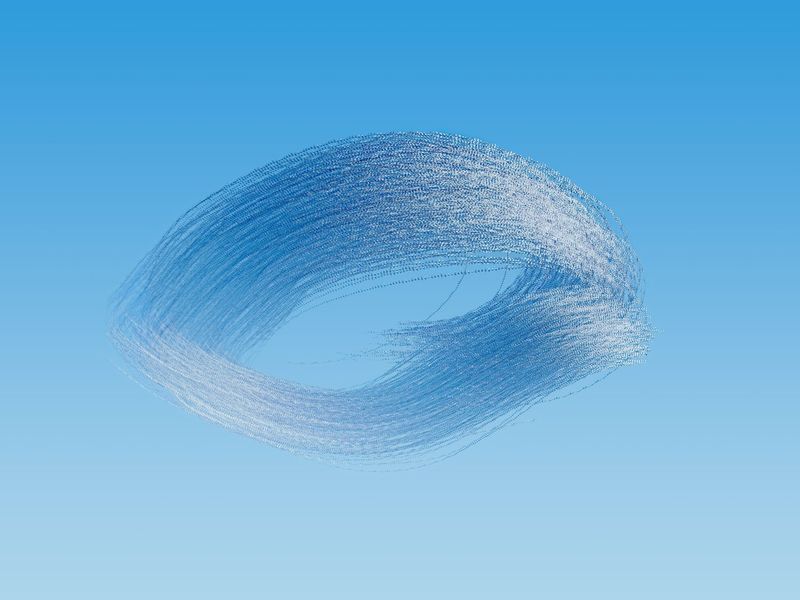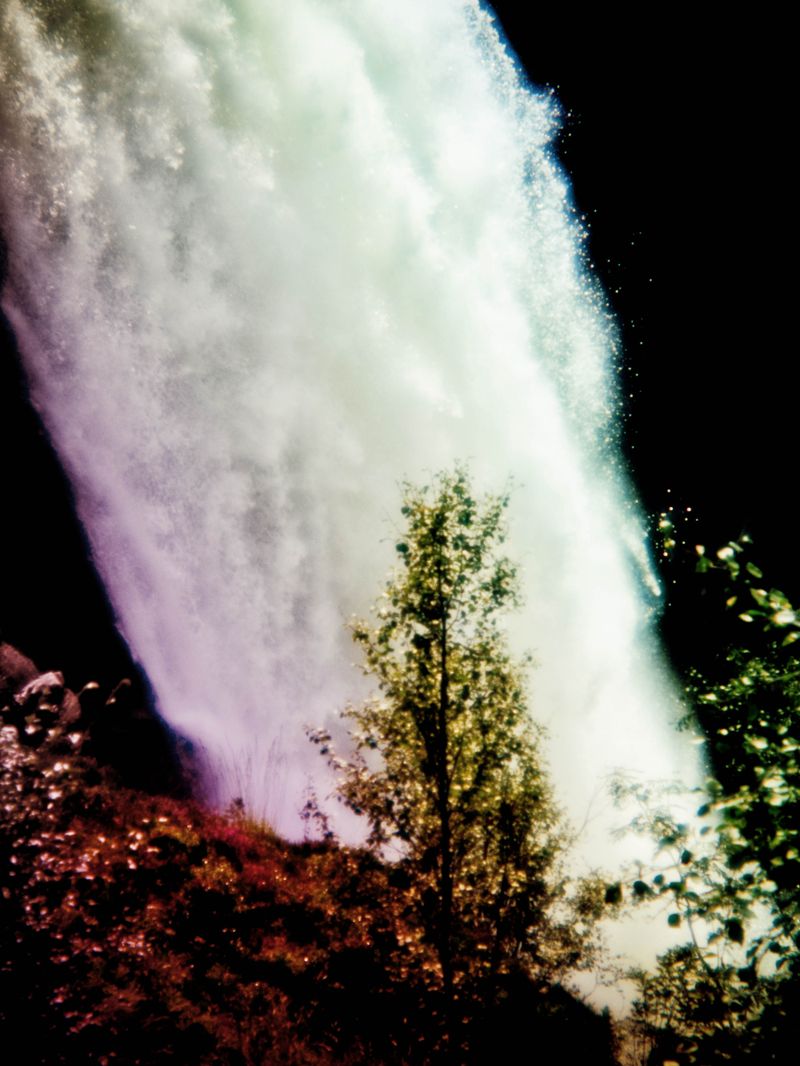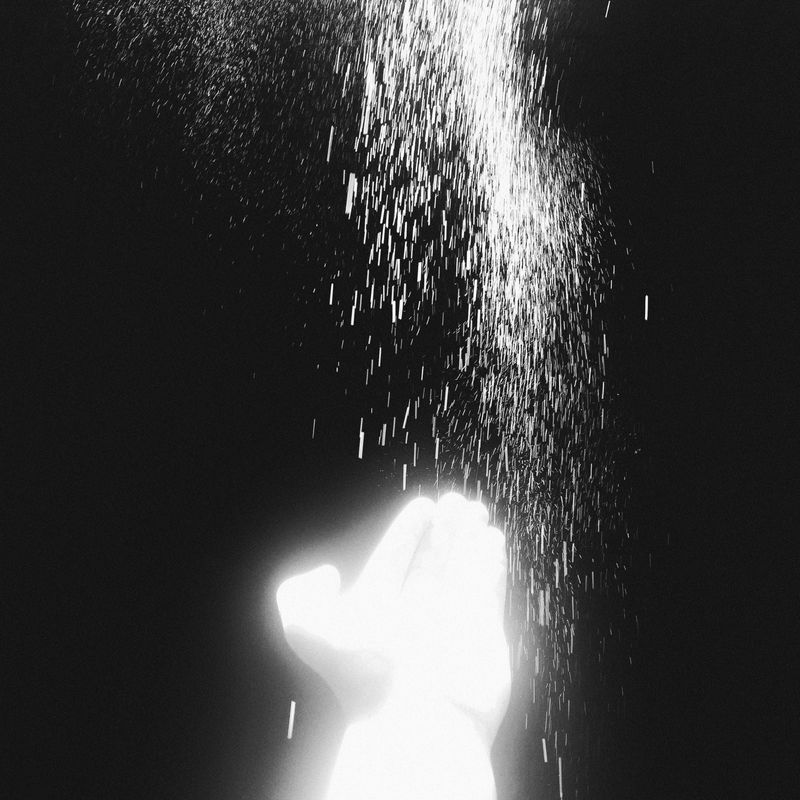La Nuu 2025
-
Opens1 Oct 2025
-
Ends30 Oct 2025
-
Founded2025
-
Link
-
Author
- Location Rubí, Spain
The eleventh edition of the La Nuu Festival returns in Spain, delving into the theme All Tomorrow's Screens and transforming the city into a museum open to all, where the link between culture and territory is made tangible.
Overview
“Nuu” is a Catalan word of feminine gender, meaning “cloud” in poetic language. La Nuu, the International Photography Festival of Rubí, was founded in October 2015 with the ambition of establishing itself as a solid platform that brings the latest trends in author photography to the public, underscoring the importance of language in approaching the meaning of images.
The festival aims to serve as a space for cultural revitalization of the territory while positioning the city of Rubí as an international reference point in the field of photography. La Nuu conceives of the image as both a generator of thought and a catalyst for critical reflection, always understood in connection with its social and cultural context. Harnessing the cultural impact of photography in contemporary society, it seeks to create a direct bond with the territory itself.
Photography becomes unavoidable—present in the streets, embedded in the city, and inseparable from the everyday life of Rubí. La Nuu pursues two fundamental goals: to bring the best of contemporary photography to Rubí for the enjoyment and enrichment of its citizens, and to project the city’s name outward, strengthening its cultural and social fabric while opening it to the world. In doing so, the festival advocates for universal access to culture while forging a new cultural connectivity that positions Rubí as a first-rate cultural center, built from the urban periphery of Barcelona.
The theme of the eleventh edition is All Tomorrow's Screens, intended as a warning to navigators, but also as a title full of promise for the future. This year's motto is a play on words and a tribute to The Velvet Underground's song, All Tomorrow's Parties, while also referencing the essay by painter and poet Antón Patiño, All Screens Lit. All the screens of tomorrow can be a party because it is in our hands to defend and fight for visual democracy and maintain a creative resistance of the gaze.
The screen is the new medium for images, and the history of photography is also the history of its media. If we look at the etymology of the word, Coromines tells us that it has a Catalan origin and is a cross between the words pámpano (vine shoot) and abanico (fan). Vines and fans. What is dangerous about them? Neither apocalyptic nor integrated. Neither technophiles nor technophobes. Neither retro-nostalgic nor futurophobic. We must open our eyes again and learn to look. Advocate for the image-time and live the creative experience of the gaze, the poetic dimension of the vision of necessary images. Learn the art of living anew.
As in each edition, the exhibition's theme serves to bring together and curate different works by photographers and visual artists who, in this case, will help us reflect on the dangers of living under the addiction of this totalitarian and narrow visual regime to which we are subjugated, supposedly voluntarily. They will also point us towards new paths of creative resistance of the gaze in order to escape the optical hegemony of images and their narcotic and alienating spider's web.
Among the featured artists are Xavi Bou, Carles Camps Mundó, Cecília Coca, Joan Teixidor, Cristobal Ascencio, Amandine Kuhlmann, Vanessa Pey, Alexander Binder, Tatu Gustafsson, Chloe Azzopardi, FSA Archives, Katrick Koening, and Sarker Protick.
